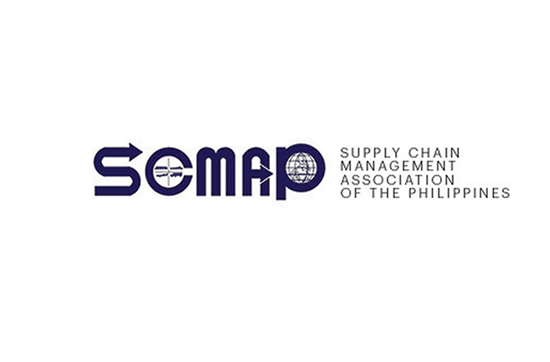The news late last week that major logistics player Fast Logistics is acquiring a stake in e-commerce enabler Great Deals reminded me of the exciting times ahead for the Philippine supply chain sector. It is something you would tend to forget, admittedly, considering all the gloom of the past fourteen months.
In what is touted as one of the largest investments in a Philippine startup to date, Great Deals—which has served various global brands and e-commerce platforms since its launch in 2014—raised USD30 million in its latest funding round, with the Fast Group leading the charge. (Helping it along are private equity firms CVC Capital Partners, which itself partnered with Fast last year, and Navegar.) Announcing the deal, both parties tout the potential synergies between Great Deals’ e-commerce capabilities and Fast’s national logistics network, which has served some of the country’s largest FMCGs.
For Philippine e-commerce, this is indeed big news. It is another vote of confidence in the sector that has seen massive growth in the past year, thanks in most part to restrictions put in place to prevent COVID-19. For a while it seemed established logistics players would take a longer while to enter the space, leaving upstarts like Logistikus and Entrego—not to mention delivery services like J&T Express and Grab—filling the demand. Now, between this news and the release a few months back of the updated E-Commerce Philippines Roadmap, there’s a buzz that one cannot deny.
This also points towards another trend: the importance of these new players in bringing all of Philippine supply chain to a higher level. The complements are clear to see. These startups bring with them new approaches and a tighter embrace of new and emerging technologies. They have an appetite to expand, but a market like the Philippines, with its many islands and outpaced infrastructure and technology networks, is hard to crack. That’s where established players, with their longer experience and their wider reach, come in. Of course, these players would also need to be run by leaders whose visions go farther than a few years’ time.
Partnerships like these are one way for the country’s supply chain sector to better take advantage of technology and boost its competitiveness in the coming years, a point reiterated in the white paper released by consulting firm YCP Solidiance in partnership with SCMAP. It’s a point that takes on a greater urgency as we move, tentatively, towards post-pandemic realities.
The more exciting part is that this is just the tip of the iceberg. Already many startups are pushing the boundaries when it comes to utilizing technologies to further the competitiveness of businesses. For the newest issue of our magazine, Supply Chain Philippines—you should be able to read it this week, on digital and print—I talked to Frances Barsana of Kickstart Ventures, the venture capital firm of the Ayala Group, which supports Entrego and Zalora, among many others.
“Startups give you access to new capabilities,” she said. “They can accelerate your R&D. They give you insight into trends and market opportunities your company may have not realized yet … Startups can help you solve business problems in a faster and more creative manner.”
Already many of these startups offer new solutions to old problems. Among the companies Kickstart supports is Expedock, specializing in AI-powered supply chain solutions, which recently partnered with LBC Express to automate its booking systems. Players like InsightSCS (founded by our president, Pierre Carlo Curay), XLog and Vesl provide platforms to improve visibility in goods, resources and capital. And, unlike in the Korean drama Start-Up, it’s not always about new technologies: Malaysia’s CollectCo, also supported by Kickstart, empowers brick-and-mortar stores to become collection and delivery points for e-commerce players.
We have always talked about collaboration and how it enables us to better provide value to our customers, partners and shareholders. It’s always sounded daunting considering the challenges that lie ahead of us. But a look at the startup scene—and how established players are finally cottoning on—provides us with a glimpse of the possibilities that have yet to be unlocked. Amidst the gloom of the last fourteen months, this is pretty exciting.
SCMAP Live: Join us this Thursday for the latest edition of SCMAP Live. We will revisit the question of the health and wellbeing of our people a year into the pandemic with health reform advocate Dr. Tony Leachon, business consultant Xavier Alpasa, and former SCMAP director Jun Arive. Register now for free at scmap.org.
Henrik Batallones is the marketing and communications director of SCMAP, and editor-in-chief of its official publication, Supply Chain Philippines. More information about SCMAP is available at scmap.org.





